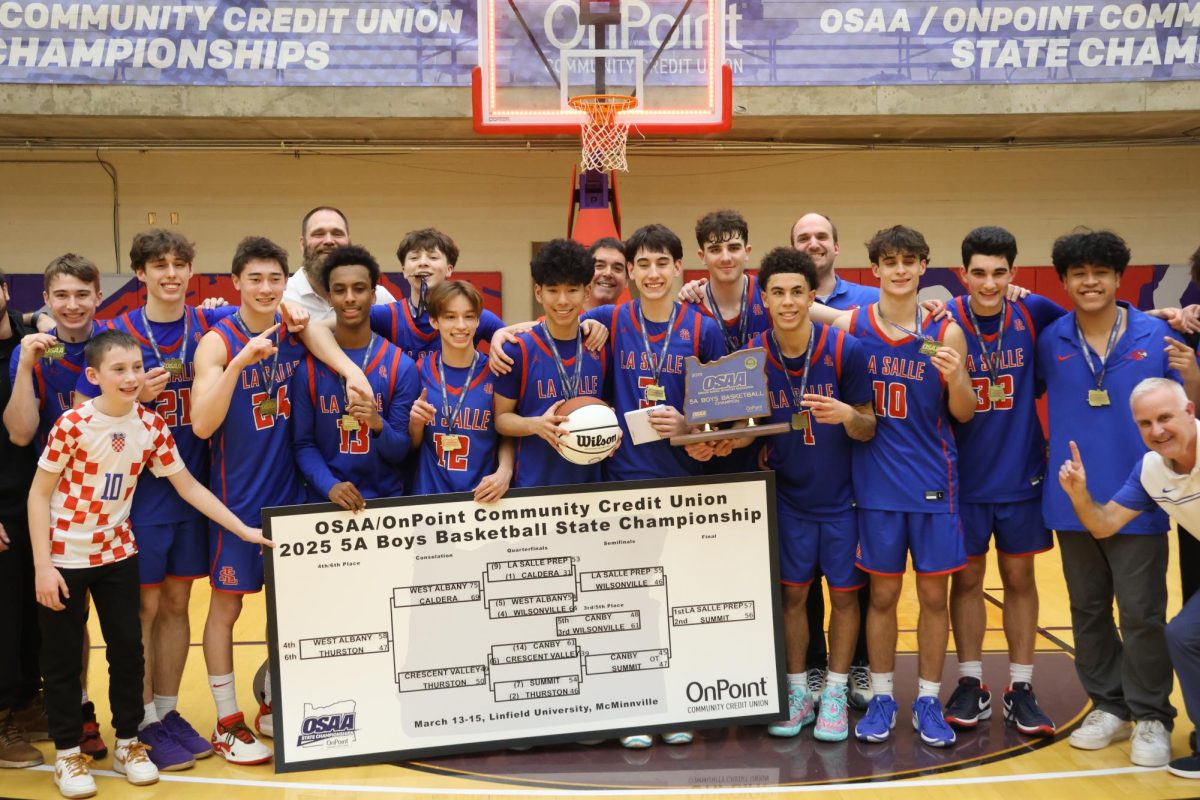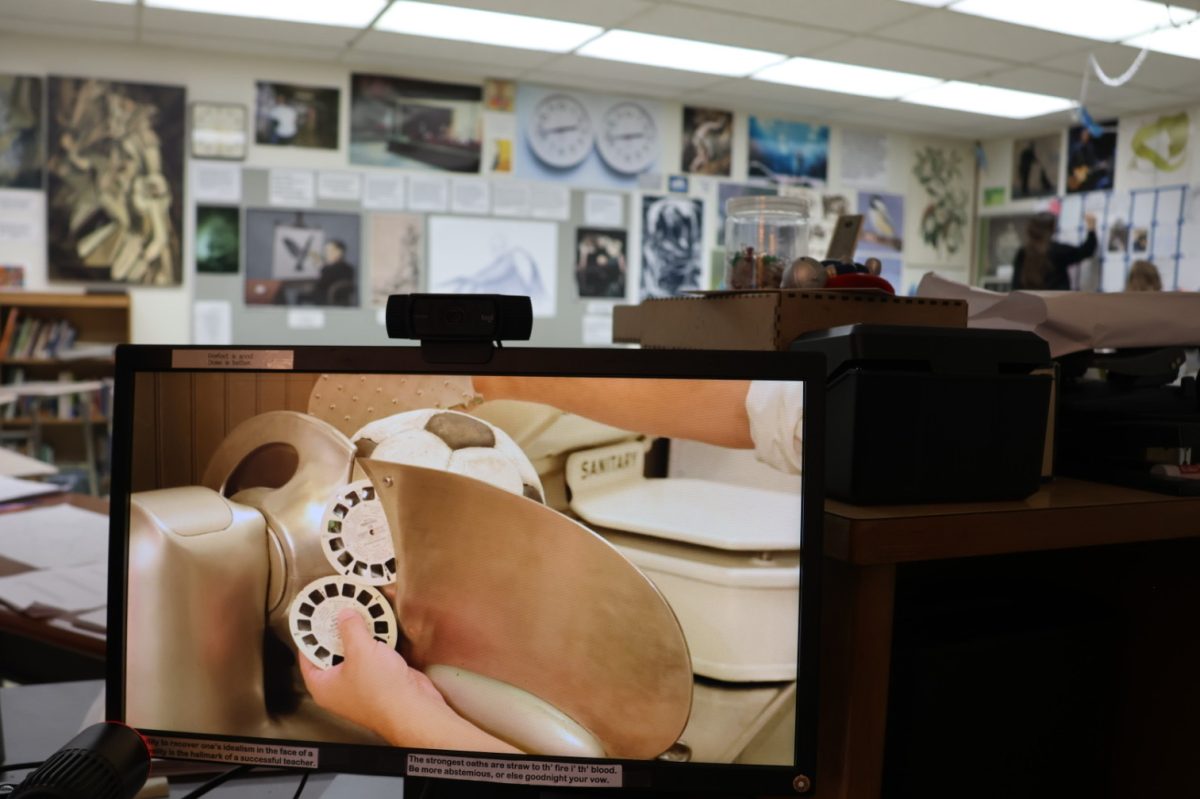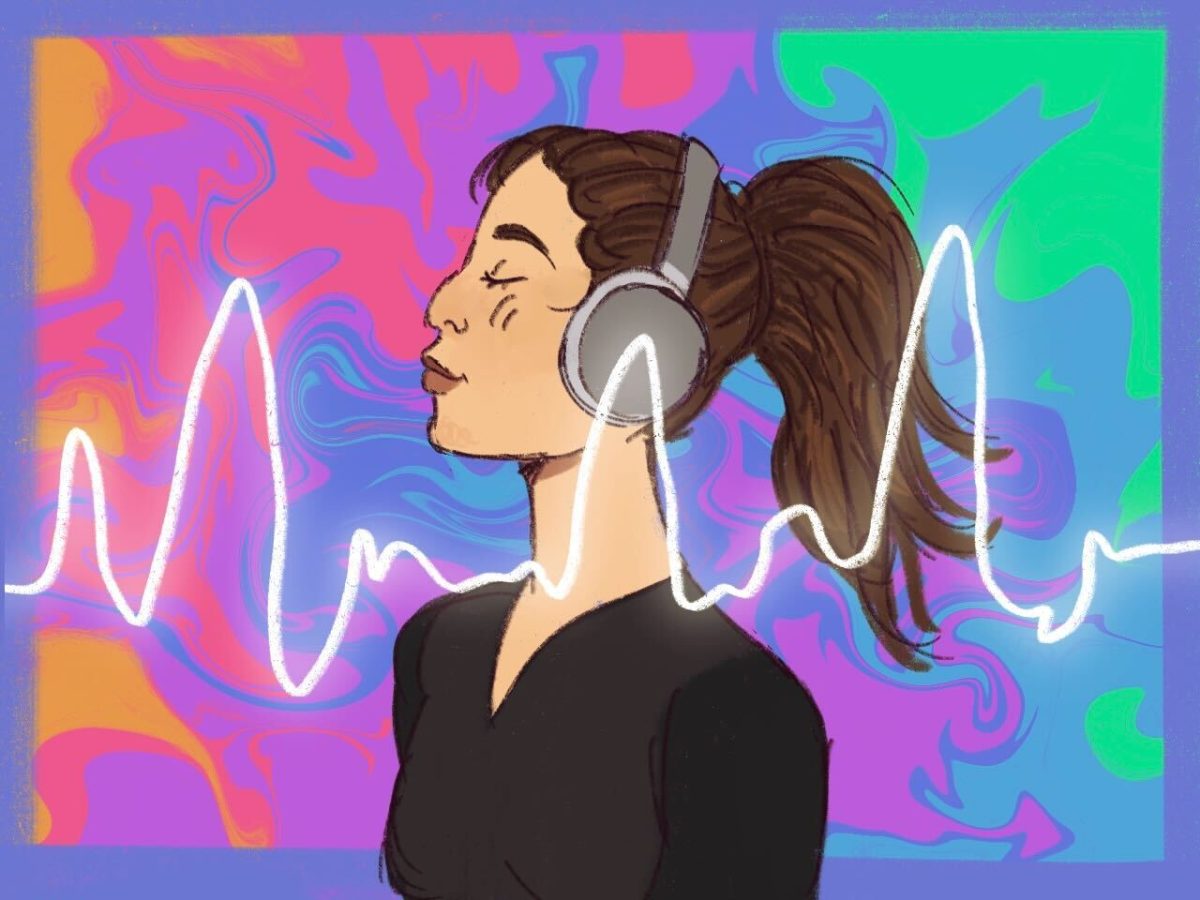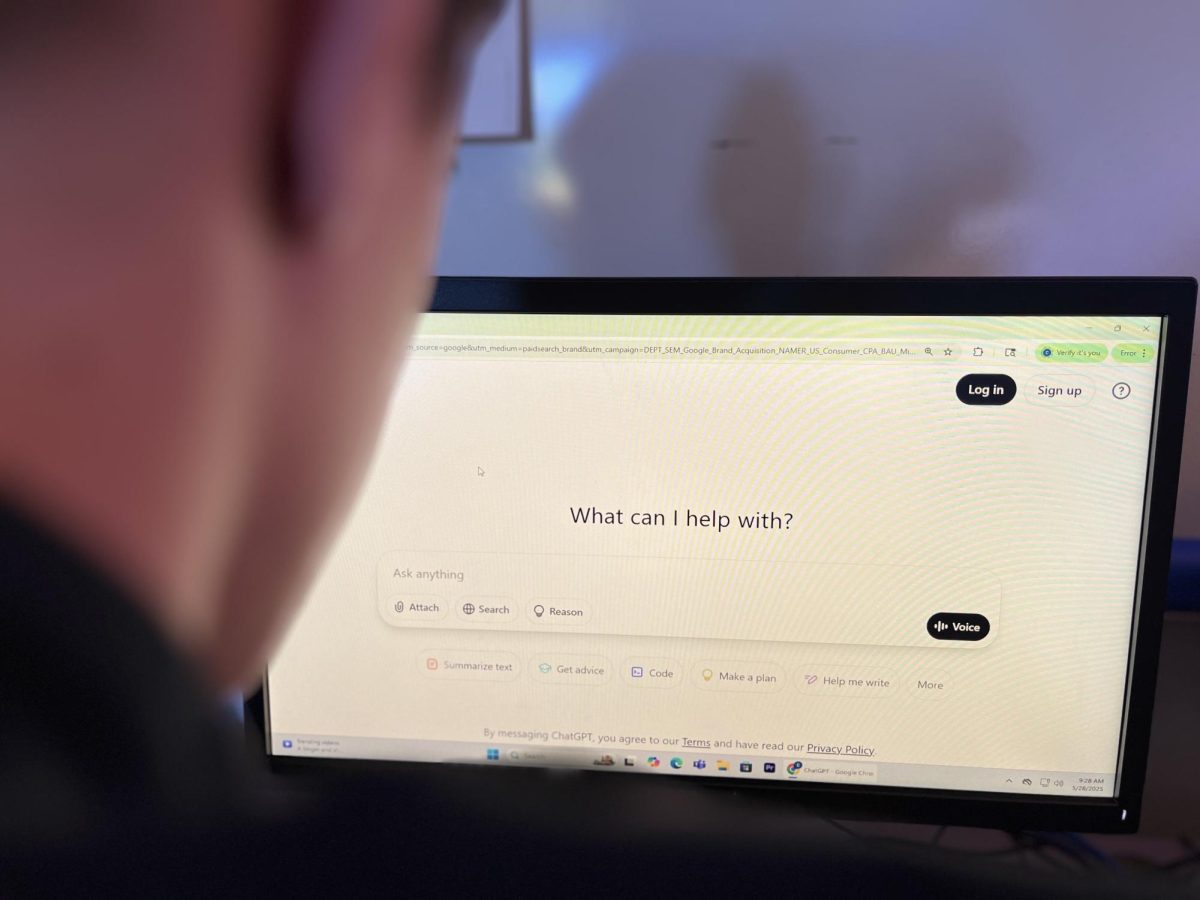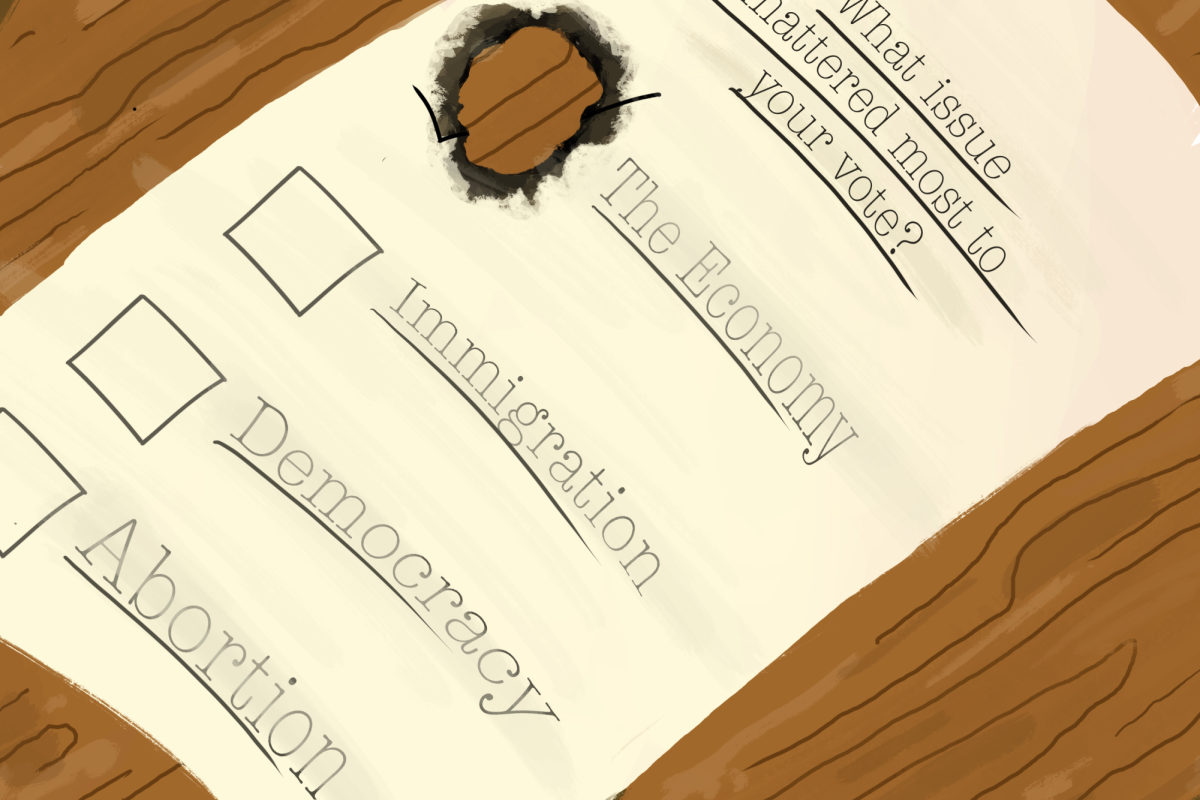What can’t AI do?
This question has become crucial to answer as artificial intelligence occupies a larger part of our lives every passing day, evolving at breakneck speed. From something as seemingly innocuous as prompting ChatGPT to produce somewhat convincingly human-sounding responses, to playing a key role in national security strategy, AI has changed everything for our wildest dreams — or nightmares — for the future.
Innovation followed by anxiety is nothing new. In fact, it has been an observed pattern throughout history that people approach anything new with some skepticism or fear of being made obsolete. This was most true during the industrial revolution when the Luddites — a term that has come to describe anyone who dislikes new technology — took to protesting and destroying machinery that promised to do the labor they did faster and more cheaply by mass producing goods which threatened to rob them of their livelihoods altogether.
That was nearly 200 years ago, and while not all the hysteria of that period should be heeded today, as around the same period it was also believed that train travel could cause insanity, it should be noted that workers are at the whim and mercy of their employers. For some workers, feelings of unease are reasonable when efficiency and profitability are the bottom line for most companies. And AI can provide just that.
On Oct. 30, President Biden issued Executive Order 14110 on the “Safe, Secure, and Trustworthy Development and Use of Artificial Intelligence,” offering something in the way of a firm answer to the uncertainty surrounding AI. The order entails a plethora of issues including AI systems’ threats to critical infrastructure, chemical, biological, radiological, nuclear, and cybersecurity risks all while describing the new technology as holding potential for both “promise and peril” — language appropriate for a vague future.
The order’s purpose in “promoting innovation and competition” seems to be in direct conflict in also stating “AI should not be deployed in ways that undermine rights, worsen job quality, encourage undue worker surveillance, lessen market competition, introduce new health and safety risks, or cause harmful labor-force disruptions,” when it is often these very things that corporations sacrifice because of innovation and competition. “Job-displacement” is anticipated and we are already in the throes of AI competing against humans.
According to a report published by investment banking company Goldman Sachs, it is estimated that in the next 10 years that 300 million jobs will be exposed to some level of AI automation. While this may not translate into layoffs altogether, the early days of industrialization have shown that while technology may not be able to fully replace us — still requiring some level of human oversight — it has the power to degrade the value of labor, livelihoods, and living conditions.
Today, most of us take for granted the labor that goes into everyday products and services. The value of the person must be protected in the wake of AI. Now more than ever will labor unions be needed in the face of the precarious state that AI puts workers in.
As machine learning enables AI to not only analyze and imitate the way humans think — at times being indistinguishable in conveying inherently human emotions — typically white-collar and creative jobs are not immune to AI’s effect. This new wave of change will prove how prevalent AI’s place in the workplace will be.
We are already seeing this unfold, as after 143 days of labor stoppages, the Writers Guild of America (WGA) was able to reach a deal with Hollywood studios. The chief concerns of the strike and the terms of the agreement included improvements in wages and working conditions, residuals from streaming, as well as regulations on the use of AI in writing content, but not an outright ban.
Similarly, in solidarity with the WGA, the Screen Actors Guild were able to bring a $130 billion-plus industry to a halt together as they too went on strike with the purpose of putting guardrails on the use of AI in limiting how it can be used to digitally reproduce a performer’s likeness.
While it may currently seem unlikely that AI-generated scripts would be produced — let alone actively viewed — it is now a guaranteed protection that AI cannot be used to undermine the credit and rights of writers. The WGA strike should be considered a canary in the coal mine for the future of AI competing with their human counterparts.
AI is expected to affect a wide array of sectors, including careers in tech, media, law, education, banking, business, and graphic design.
While it is safe to assume that not all of us regularly use ChatGPT or have even set up an account, it may be closer to the truth to assume that all of us do. If that is the case, we have become simply go-betweens, allowing our minds to atrophy and ceasing to do the work ourselves.
Considering everything AI programs such as ChatGPT can do, why wouldn’t employers just swap us out with AI? While it may not be that simple, when so many of us so readily use chatbots such as ChatGPT to finish tasks or complete assignments, it ceases to be a mere novelty. It is your competitor.







